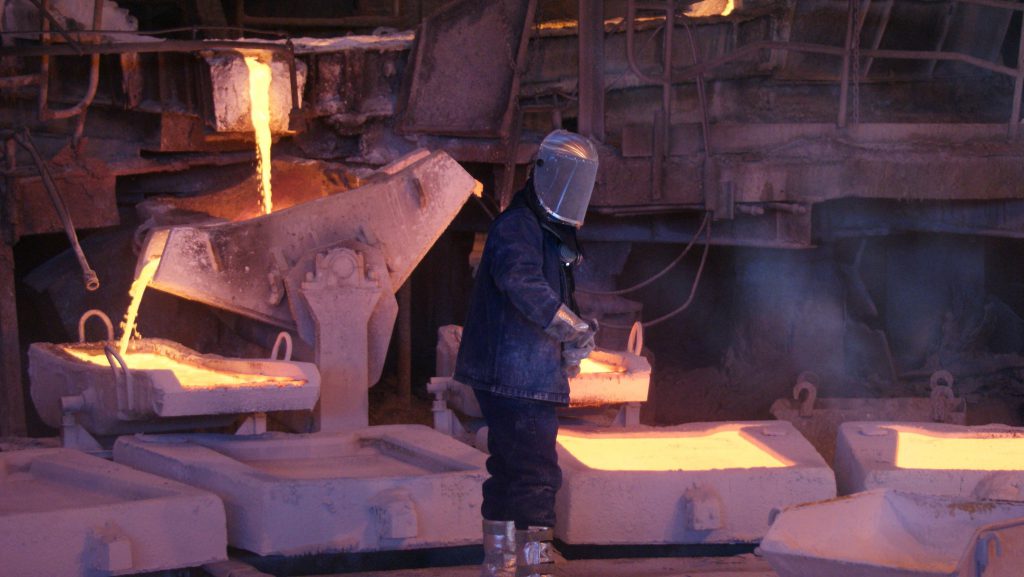Codelco copper slump underscores global mine supply challenges

Codelco, the world’s biggest copper supplier, saw production fall 9.3% last quarter from a year prior, the latest example of supply-side challenges for metal markets.
The results delivered Friday by Chile’s state producer reflect a disappointing year of output for a nation that accounts for about a quarter of the world’s mine supply. On the same day, the South American country’s copper commission projected a 3.4% annual drop in domestic production amid declining ore quality, water restrictions and union protests.
Mines globally are grappling with logistical challenges exposed by the pandemic and exacerbated by Russia’s invasion of Ukraine and Chinese lockdowns against the coronavirus — all at a time of ballooning costs and lower prices.
The Santiago-based firm produced 371,000 metric tons in the second quarter, down from 409,000 tons a year earlier. Its revenue tumbled along with a commodity rout spurred by recession fears.
The Chilean government’s copper commission, Cochilco, said Friday that it expects prices of the metal to recover in the remainder of the year amid waning concerns over global inflation and Chinese measures against Covid-19. Still, it noted plenty of risk, including a sharper-than-expected global slowdown and consumer price surprises that could spur further monetary tightening.
While the copper market is expected to swing to a small surplus as demand softens and new supply enters from the Democratic Republic of the Congo, longer-term prospects remain bright due to need for battery metals in the push toward cleaner energy.
In the meantime, supply disappointments may help blunt softening consumption as economies slow. While Chile has the largest copper reserves, ore grades have been steadily falling, meaning mines need to move more rock to produce the same amount, pushing up costs.
In June, Codelco endured protests at some operations after disclosing a plan to shut one of its smelters over contamination concerns. Earlier this month, it temporarily halted work on projects to review safety procedures after two fatal accidents.
The state company recently approved a plan to resume work on a $1 billion desalination plan in northern Chile as part of a goal of reducing continental water consumption by 60%.
Copper futures rose on Friday, heading for their best week since early March.
(By James Attwood)
{{ commodity.name }}
{{ post.title }}
{{ post.date }}




Comments